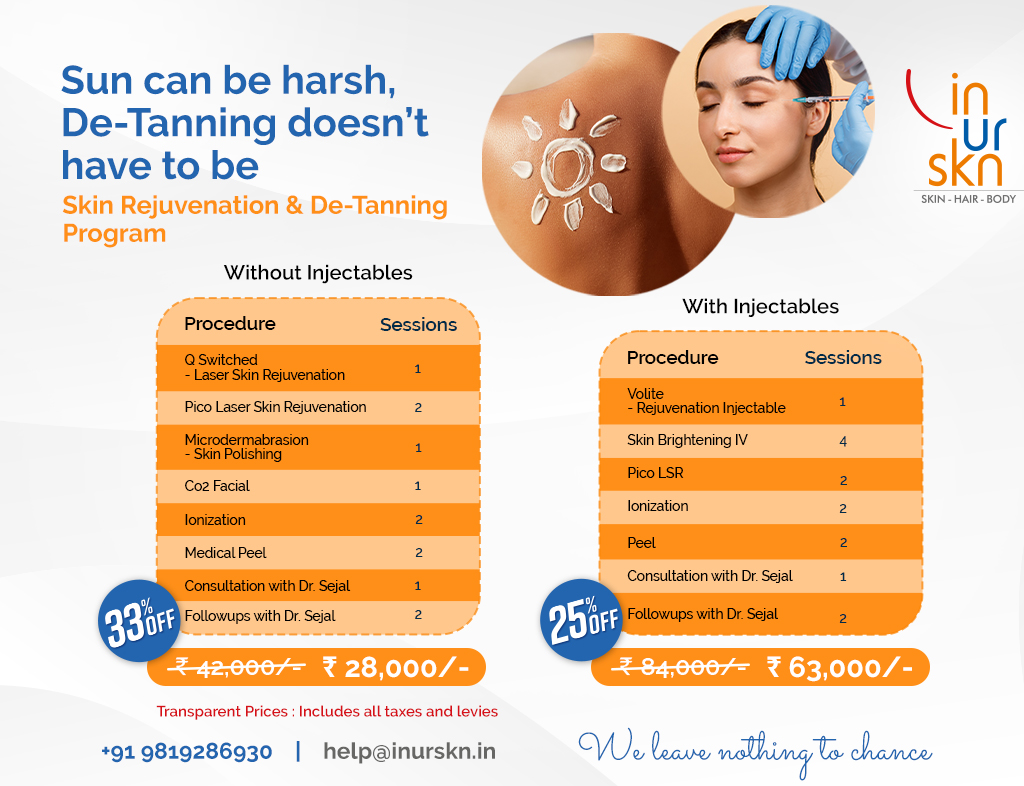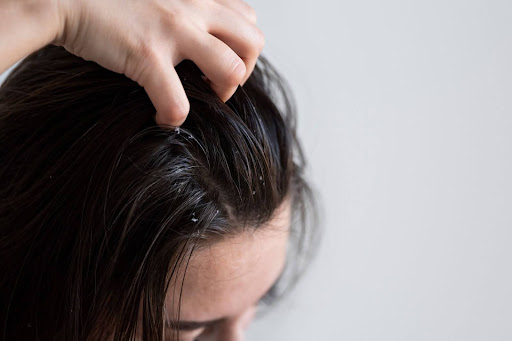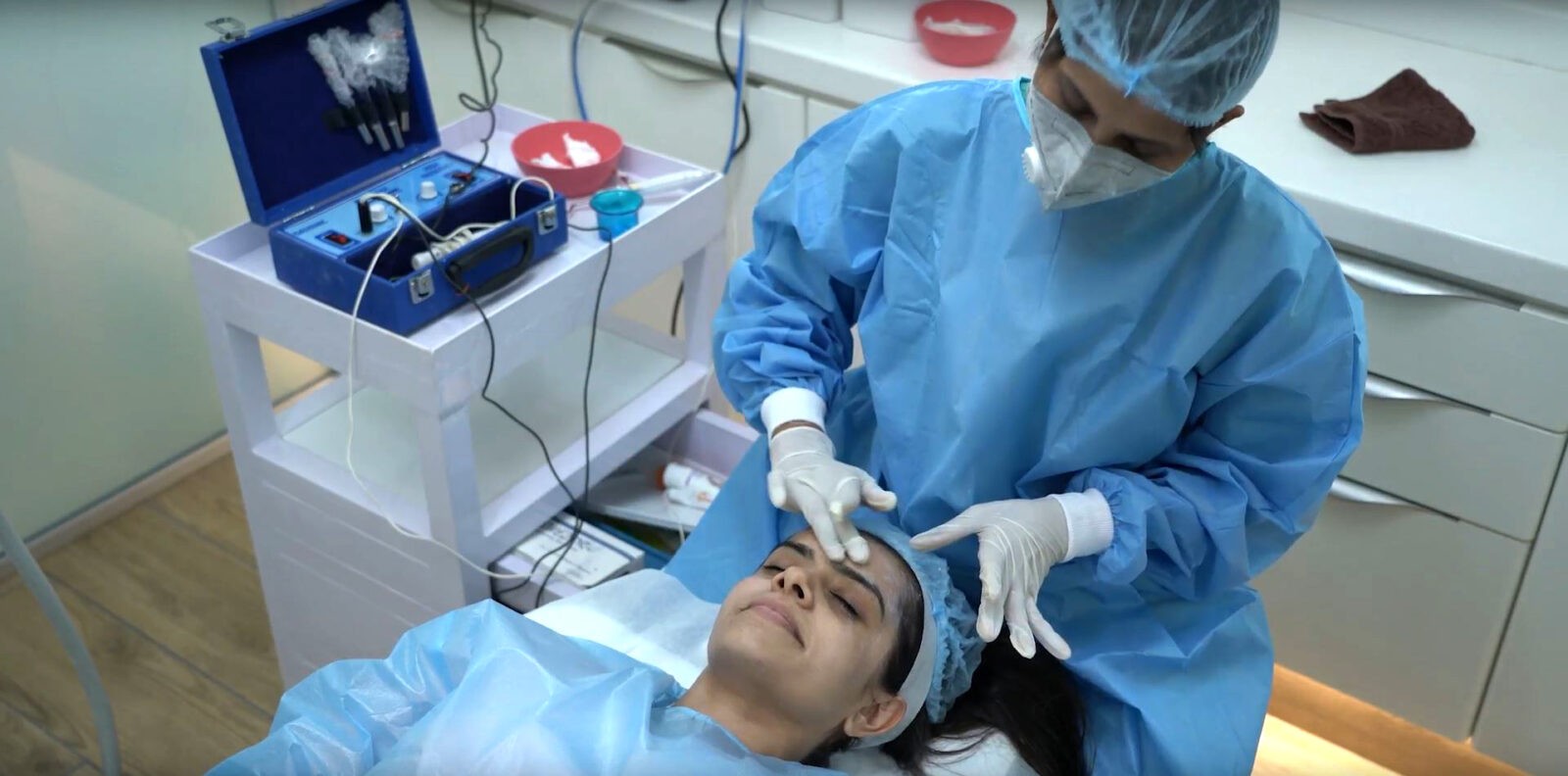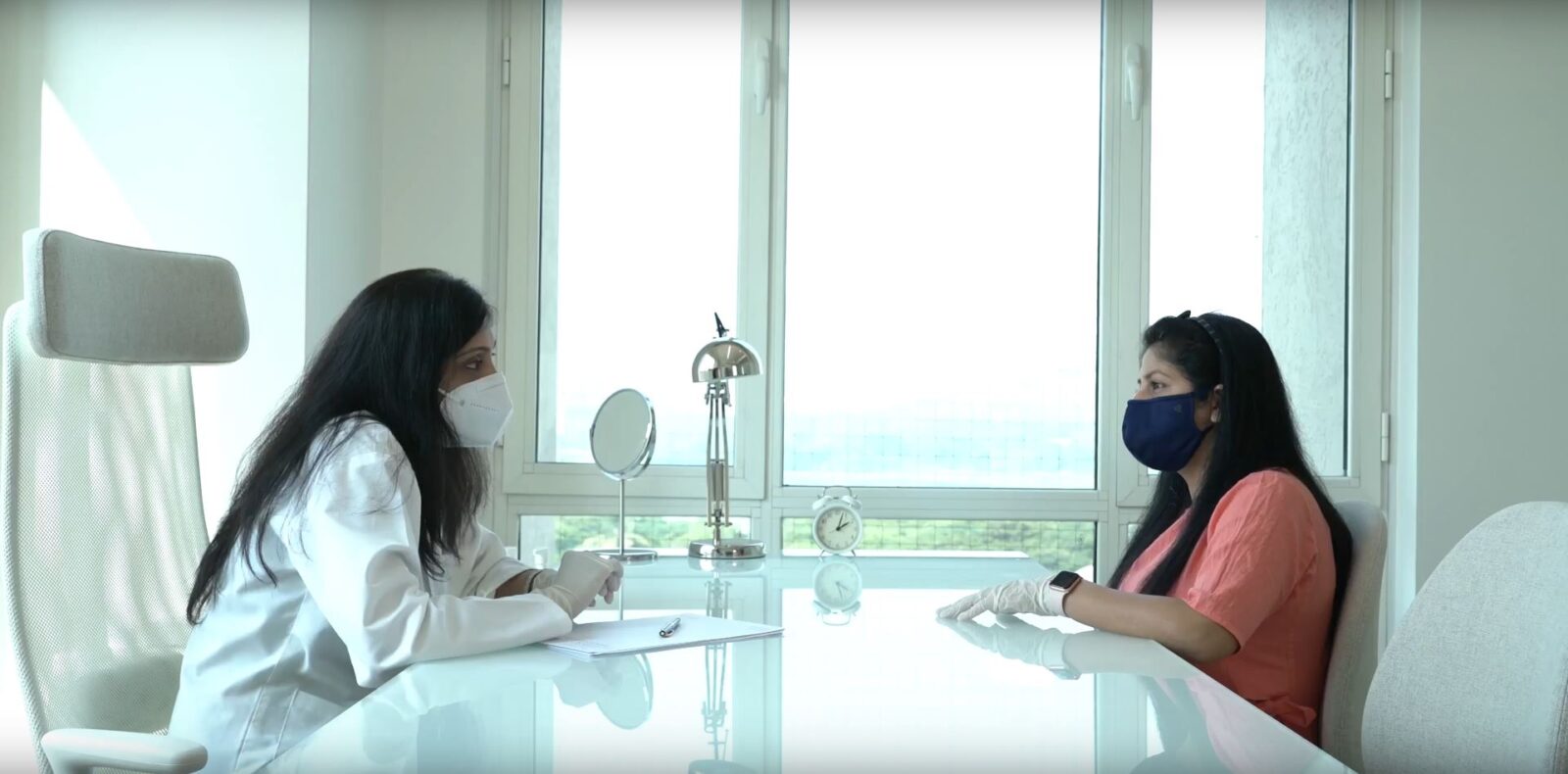Our hair and scalp can indicate a lot about our health. Most people are probably not aware that their hair and scalp has something to say about their overall health and well-being. If you have hair or scalp problems, consult a hair doctor or trichologist in Mumbai to help you understand what your hair is trying to say about your health.
The Language of Your Locks
Hair is not a cosmetic asset. It’s a complex structure, which changes according to the changes in our body. From nutritional deficiencies to hormonal imbalances, your hair can reflect a wide range of health conditions. A dull, lifeless mane may signal a lack of essential nutrients, while sudden loss of hair may be a sign of a graver issue.
Scalp Stories: What Your Skin is Saying
Your scalp is basically skin. So like all skin, your scalp may provide some clues concerning your health. A flaky, itchy scalp could mean more than just dandruff. It could mean something like psoriasis, eczema, or perhaps a fungal infection. Having an oily scalp might be a sign of hormonal changes or overactive oil glands.
Nutritional Deficiencies and Your Hair
One of the most common health issues reflected in hair health is nutritional deficiency. A lack of essential vitamins and minerals can lead to weak, brittle hair and even hair loss. Iron deficiency, for instance, is a frequent culprit behind hair thinning, especially in women. Similarly, a lack of protein can result in dry, lackluster hair. A trichologist in Mumbai can help identify these deficiencies and recommend appropriate dietary changes or supplements.
Hormonal Harmony and Hair Health
Hormones play a crucial role in hair growth and maintenance. Conditions like thyroid disorders, polycystic ovary syndrome (PCOS), and even stress can disrupt hormonal balance, leading to hair loss or changes in hair texture. During pregnancy and menopause, hormonal fluctuations can also significantly impact hair health. Understanding these connections can help in addressing the root cause of hair issues.
Stress Signals in Your Strands
In our fast-paced lives, stress has become a common companion. What many don’t realize is that stress can manifest physically in our hair. Telogen effluvium, a condition where hair falls out in clumps, is often triggered by severe stress. If you’re noticing unusual hair loss, it might be your body’s way of telling you to slow down and manage your stress levels.
Autoimmune Insights
Sometimes, hair and scalp issues can be signs of autoimmune disorders. Conditions like alopecia areata, where the immune system attacks hair follicles, can result in patchy hair loss. Lupus, another autoimmune disease, can cause hair thinning and a specific type of scalp lesion. Recognizing these signs early and consulting a hair doctor in Mumbai can lead to timely diagnosis and treatment.
Medication and Hair Health
Many medications can affect hair growth and texture. Chemotherapy drugs are well-known for causing hair loss, but other medications like blood thinners, antidepressants, and even some acne treatments can impact hair health. If you’ve recently started a new medication and notice changes in your hair, it’s worth discussing with your healthcare provider or a trichologist.
Age-Related Hair Changes
As we age, our hair naturally undergoes changes. All the grays, thinness, and texture change comes with aging. However, premature graying or excessive hair loss at a young age could indicate underlying health issues or genetic factors. Understanding what’s normal and what’s not can help in addressing age-related hair concerns effectively.
Environmental Impact on Hair
Our environment plays a significant role in hair health. Our hair and scalp can be affected by pollution, hard water, and even climate. Spending too much time in the sun can damage your hair while humidity can cause frizz. Knowing these environmental factors will help you have the best suited hair care regimen to protect and nourish your hair.
Listen to Your Hair, Prioritize Your Health
It’s not just about beauty; listening to the hair and scalp messages can help keep you healthy too. Certain hair and scalp problems could be purely cosmetic. But, some problems could indicate underlying health issues. Consulting a hair doctor in Mumbai or trichologist on a regular basis can help identify underlying health problems early and prevent health issues.
As we learn more about the connection between our hair, scalp and overall health, it is clear that taking care of your hair is more than just vanity. It’s an integral part of our well-being. By noticing changes in our hair and scalp, and taking expert advice when needed can teach us a lot about our health. In fact, it can help us live a healthier life. For those in Mumbai seeking expert care for hair and scalp issues, clinics like INURSKN offer specialized services with experienced professionals. Remember, your hair is not just a crown you wear; it’s a window into your health. Take heed of what it says, and always ask for help if you feel you need it.
Disclaimer:
This article is one in a series of articles on skin, hair and overall health by content creators for Inurskn. The objective of this series is to educate the reader and help them take precautions against various skin conditions they come across on an everyday basis. These articles are not meant to be used by patients for self-diagnosis or for avoiding proper medical treatment. The images used in the above blogs are just for the visual representation of the treatment results may vary from patient to patient. Please always refer to a trained medical professional before engaging in any advice, treatment or medications.




























 Call us
Call us Book Appointment
Book Appointment Enquire
Enquire Location
Location




